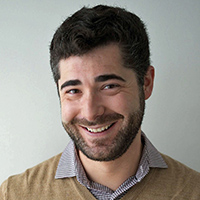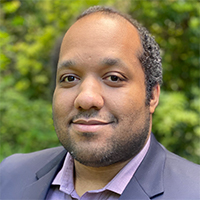Building Strong Mentor–Mentee RelationshipsThursday, November 4, 2021 Speakers
RecordingSpeakers Sara GoeringProfessor of Philosophy Sara Goering is Professor of Philosophy at the University of Washington, Seattle, with affiliations in the Program on Ethics, Disability Studies, and Bioethics & Humanities. With Eran Klein, she leads the UW neuroethics research group at the Center for Neurotechnology. Their NIH RF1 grant explores issues of agency in relation to neural devices, and involves conceptual/philosophical work as well as qualitative interview work with neural device users.  Judy IllesNeuroethics Canada Dr. Judy Illes is Professor of Neurology and Director of Neuroethics Canada at the University of British Columbia. As a pioneer of neuroethics, her research centers on the intersection between neurosciences and biomedical ethics. Among her many leadership roles, she is the co-lead of the Canadian Brain Research Strategy and the Pan Canadian Neurotechnology Ethics Consortium.  Roland NadlerUniversity of British Columbia Roland Nadler is a PhD candidate at the University of British Columbia’s Peter A. Allard School of Law, and previously taught courses including Law and Neuroscience at the University of Ottawa. Trained in philosophy and neuroethics, Roland served as a Fellow with the Stanford Center for Law and the Biosciences after earning a JD at Stanford Law School. Moderator Tim BrownUniversity of Washington Dr. Tim Brown is an Assistant Professor of Bioethics & Humanities at the University of Washington’s School of Medicine and a founding member of the Neuroethics Thrust within UW’s Center for Neurotechnology (CNT). His work explores the moral and interpersonal impact of machine-learning-driven brain–computer interfaces. His most recent investigations concern the potential for neural engineering and neuroscientific research to harm marginalized communities. |
